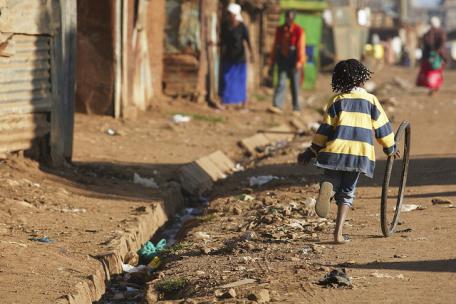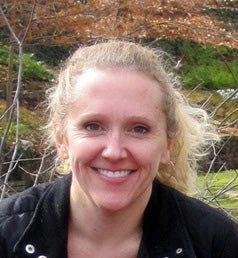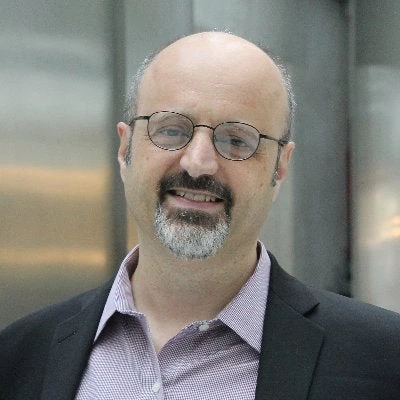
Photo Credit: @Gates Foundation. A girl plays with a bicycle tire in the slum of Korogocho, one of the largest slum neighborhoods of Nairobi, Kenya
This is an impressive decrease from 58% in 1999, but at the same time there is a general sense that progress has been too slow. Africa is rising, with GDP growth rates upwards of 6% between 2003 and 2013 (if one excludes richer and less dynamic South Africa) but the poor’s living standards are not rising as fast as GDP.
Projections suggest that by 2030, one quarter to one third of the population will be poor (at $1.25/day), with more than two-thirds of the world’s poor living in the region. The World Bank is committed to accelerating the pace of this process of poverty reduction, but we know that this will only be possible if we gain a deeper understanding of the barriers and traps that prevent people from escaping poverty in Africa, and of which policies are most effective in helping them do so.
To that end, some 120 researchers, students, and policy-makers are gathering at the Maison de la Recherche in Paris, France, this Monday and Tuesday, for a conference on Harnessing Africa’s Growth for Faster Poverty Reduction. Co-organized by the Paris School of Economics and the World Bank’s Office of the Chief Economist for the Africa Region, the first Annual Bank Conference on Africa (ABCA) brings together the latest research on the measurement and understanding of poverty in Africa. The event features a number of eminent invited speakers, as well as 47 research papers in parallel sessions, selected from among over 300 submissions. Presenters come from a number of African institutions and from a range of leading European and North American universities, as well as the World Bank and the African Development Bank.
Topics range from the nuts and bolts of improving the data used for poverty measurement (as well as macroeconomic time series!) to the use of technology for improving accountability in service delivery. There is much emphasis on understanding productivity in African agriculture – a sector that remains the largest employer of poor Africans. Other sessions focus on the poverty consequence of conflicts; on inequality and polarization; and, of course, on the importance of managing risk and dealing with various kinds of shocks. The full program is here.
The World Bank’s Africa Vice President, Makhtar Diop, and DFID’s Chief Economist, Stefan Dercon, open the conference on Monday morning, followed by another invited panel with leading academics. A World Bank team working on a two-volume flagship report on poverty is also on hand, both to gather feedback on its own proposed outline and early findings, as well as to feast and reflect on the wide-ranging presentations and discussions. Some of our keynote and invited speakers have also agreed to contribute posts to this blog, so watch this space. And finally, mark your calendars for 2015: the ABCA will be an annual event, always in partnership with a leading research institution. The rumor is that the 2015 installment will be held at the University of California at Berkeley, with a focus on the economics of conflict in Africa.



Join the Conversation